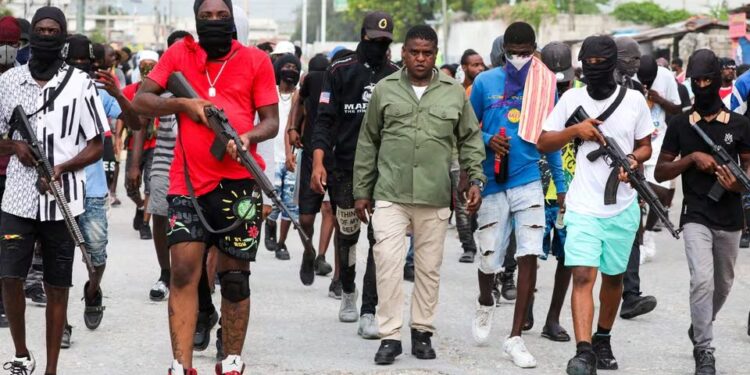Senior United Nations (UN) officials have warned that gangs have gained “near-total control” of Port-au-Prince, the capital city of Haiti.
On Wednesday, July 2, Miroslav Jenča, Assistant Secretary-General for the Americas at the Department of Political Affairs (DPPA), informed ambassadors in the Security Council that security forces are struggling to contain the escalating violence across the Caribbean nation.
He explained that Port-au-Prince is paralysed by gangs and cut off due to the ongoing suspension of international commercial flights into Toussaint-Louverture airport.
“The capital city was for all intents and purposes paralysed by gangs and isolated due to the ongoing suspension of international commercial flights into the international airport,” Jenča stated.
The UN Integrated Office in Haiti (BINUH) has recorded over 4,000 deliberate killings since January 2025.
This represents a 24 per cent increase compared to the same period in 2024.
After visiting Haiti, Jenča warned that gangs have further strengthened their hold.
He said the gangs now influence all communes in the Port-au-Prince metropolitan area and beyond, bringing the situation closer to collapse.
“Without increased action by the international community, the complete collapse of state presence in the capital could become a very real scenario,” he cautioned.
Jenča called for the adoption of a resolution by the Organisation of American States on Haiti, as well as the ongoing efforts of the Caribbean Community (CARICOM) to foster dialogue among Haitian stakeholders in restoring the rule of law.
“We must not fail Haiti at this critical moment,” he stressed, “as the options on the table will be considerably less costly and complex than if there is a total collapse of State presence.”
Gangs Establishinh Parallel Government in Haiti
Ghada Fathi Waly, Executive Director of the UN Office on Drugs and Crime (UNODC), issued a similar warning.
Waly said that an estimated 90% of Port-au-Prince is now under the control of criminal groups.
She reported that gangs are expanding attacks into surrounding areas and beyond, into formerly peaceful regions.
Waly stated that criminal groups are establishing parallel governance structures and providing basic public services, with cascading effects.
“As gang control expands, the state’s capacity to govern is rapidly shrinking, with social, economic, and security implications,” she briefed ambassadors remotely from Vienna.
Also Read: Kenya Police to Deploy New Tactic in Haiti as They Mark One Year
Infrastructure Vandalized
In March, gangs linked to Viv Ansanm launched coordinated attacks on infrastructure in Mirebalais, including its prison, resulting in the escape of 529 high-risk detainees and forcing over 51,000 residents to flee.
Meanwhile, vital public infrastructure is being disrupted, with residents protesting against the deteriorating security by shutting down the Péligre hydroelectric dam, which supplies nearly 30 per cent of Haiti’s electricity.
She also highlighted the rapid growth of private security firms, vigilante groups, and the increasing use of drone technology by law enforcement and criminal groups.
“This erosion of state legitimacy has cascading effects, with legal commerce becoming paralysed as gangs control major trade routes, worsening existing food insecurity and humanitarian crises,” she added.
Gangs Gaining Public Appeal
She said the groups are now gaining in popular appeal amidst increasing public frustration with the limited protection capacity of the state.
Waly said some gangs are motivated by the urgent need to protect their communities, but the majority operate outside existing legal frameworks, in some cases, engaging in extrajudicial actions and colluding with gangs.
“The rise of these actors is pushing demand for guns and military-grade weapons, “fuelling illicit arms markets and raising the risk of licit weapons being diverted to criminal elements,” Waly said.
Also Read: Exposed: Meg Whitman’s Role in Sending Kenya Police to Haiti
Kenya Raises Concerns Over Haiti Mission Funding and Deployment
Kenya leads the Multinational Security Support (MSS) mission since deploying the first contingent in June 2024.
Kenya’s delegate said June 25 marked one year since the East African country took over the MSS and that subsequent deployments have brought the numbers to 991.
However, this falls considerably short of the 2,500 envisaged under the Concept of Operations.
Despite such constraints, it has made progress in stabilizing key areas of Haiti, he said, pointing to, among others, reopened schools and hospitals and securing the Presidential Palace and Port-au Prince International Airport.
The Trust Fund currently has $52 million unallocated, meaning the mission is operating at less than 30 per cent capacity, exposing it to serious risks, he warned.
He called for personnel and logistical support to be lent to the mission and urgent operationalization of the planned Forward Operating Bases.
Follow our WhatsApp Channel and X Account for real-time news updates
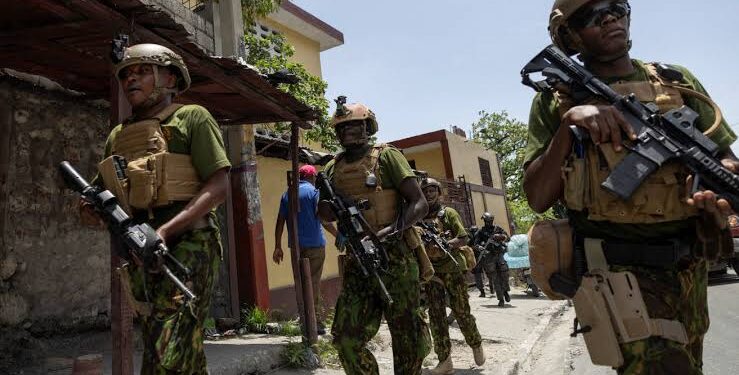







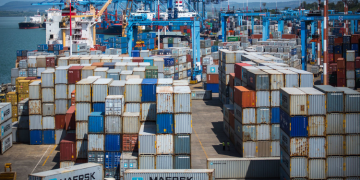
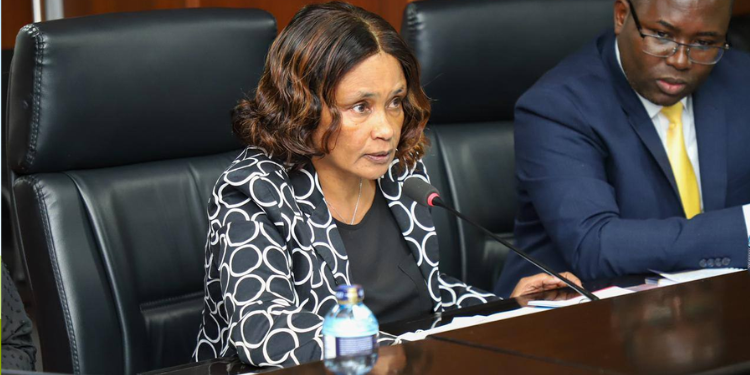









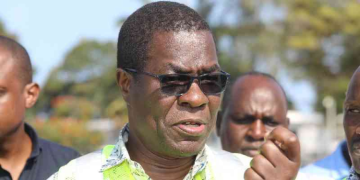

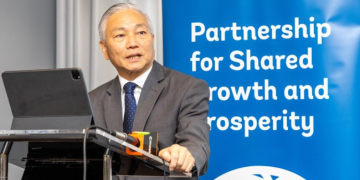

![Billions Each Top Kenyan Bank Has Made So Far In Profits This Year [List] Q3 2025 Results For Equity, Kcb, Co-Op, Absa And Other Banks]( https://thekenyatimescdn-ese7d3e7ghdnbfa9.z01.azurefd.net/prodimages/uploads/2025/11/C0-OP-KCB-Equity-Absa-360x180.png)















































